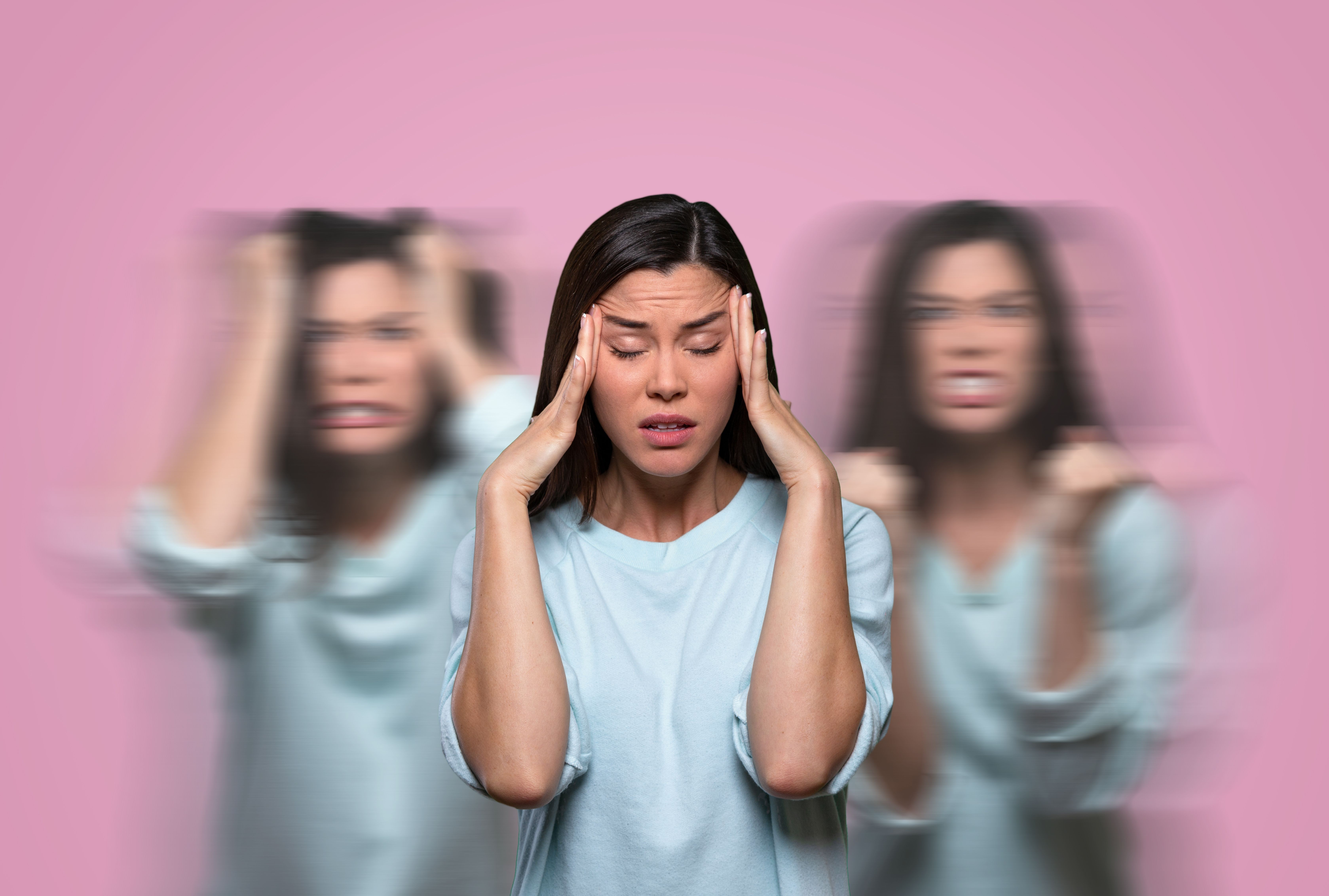
Menopause
Latest News
Latest Videos

CME Content
More News

A meta-analysis presented at 2025 ACOG Annual Clinical & Scientific Meeting found that elinzanetant demonstrated a reduction in VMS frequency and intensity.

Review some of the top stories from the Contemporary OB/GYN website over the last week, and catch up on anything you may have missed.
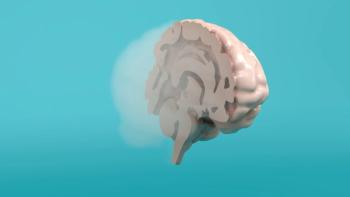
New research reveals that maintaining healthy blood iron levels may improve cognitive performance and reduce brain fog in women during the menopausal transition.

New guidelines on GSM recommends symptom-based diagnosis, shared decision-making, and local estrogen as first-line therapy to improve quality of life.

Review some of the top stories from the Contemporary OB/GYN website over the last week, and catch up on anything you may have missed.

A new study finds that women who experience menopause before the age of 40 years face a higher risk of cognitive decline.

Review some of the top stories from the Contemporary OB/GYN website over the last week, and catch up on anything you may have missed.

Discover how fezolinetant (VEOZAH; Astellas Pharma) is helping women manage moderate to severe vasomotor symptoms of menopause with rapid and effective relief.

A new study finds that postmenopausal women with a reduced creatinine-to-cystatin C ratio experience decreased muscle volume and slower walking speed, highlighting its role as a potential biomarker for muscle health.

A new study highlights the connection between heavy or prolonged menstrual bleeding and increased fatigue in menopausal women, emphasizing the need for greater clinical awareness and early intervention.
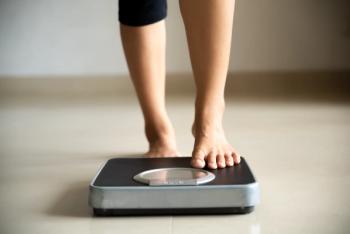
A recent study shows that intentional weight loss significantly lowers all-cause, cancer, and cardiovascular mortality risks among postmenopausal women, highlighting the importance of targeted weight management.

A recent study from researchers at the University of Calgary found that a higher frequency of menopausal symptoms i linked to poorer cognitive function and behavioral impairments

Research suggests that hormone replacement therapy, especially with testosterone, may help alleviate mood symptoms in menopausal women and reduce the need for antidepressants.

Many women experience perimenopause symptoms in their 30s, but most delay treatment. Early awareness can improve care and quality of life.

A new study highlights adiponectin’s strong links to obesity and metabolic health markers, suggesting its potential as an effective tool for predicting and managing cardiometabolic risk in perimenopausal women.

A new study highlights the anti-aging properties of key hormones, offering potential treatments for wrinkles, hair graying, and other signs of aging.
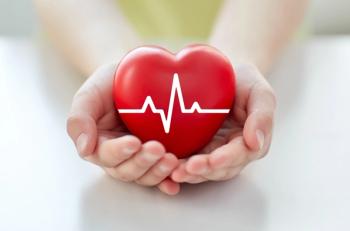
A new study from the University of Colorado Boulder suggests that women who experience menopause at age 55 years or later may have significantly better vascular health and a reduced risk of heart attacks and strokes.

A new study found that menopausal hormone therapy is associated with a higher risk of systemic lupus erythematosus and systemic sclerosis, emphasizing the role of female sex hormones in immune-mediated diseases.
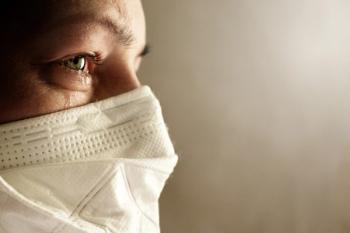
A new study published in Menopause suggests that white blood cell count could serve as a key predictor of COVID-19 symptom severity, highlighting the role of inflammation in health outcomes.

Review some of the top stories from the Contemporary OB/GYN website over the last week, and catch up on anything you may have missed.

A recent study highlights worsened walking and motor skills in postmenopausal women with multiple sclerosis, shedding light on the need to determine hormone therapy benefits.

The OASIS 4 clinical trial showed successful reductions in the frequency and severity of hot flashes caused by adjuvant endocrine therapy used in breast cancer management.
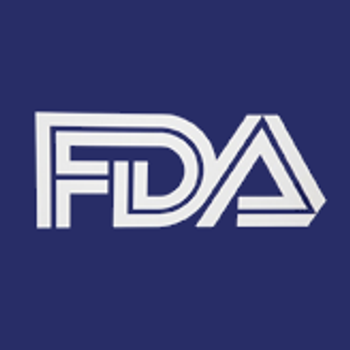
The FDA has added a boxed warning for fezolinetant (VEOZAH; Astellas), highlighting the rare occurrence of serious liver injury in patients taking the menopause treatment.

Weak handgrip strength may predict diabetes risk in postmenopausal women, highlighting the importance of muscle strength in diabetes prevention.

In a recent study, an inverse relationship was discovered between anti-Müllerian hormone levels and early menopause, highlighting the need to develop interventions for fertility preservation based on genetics.

